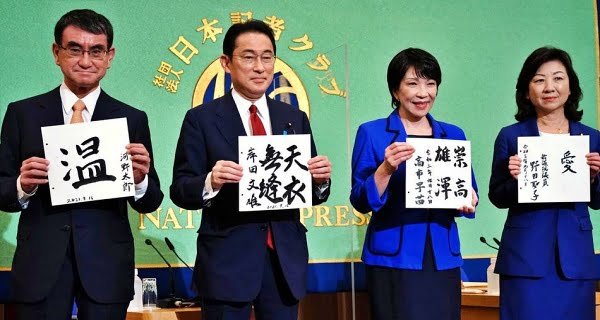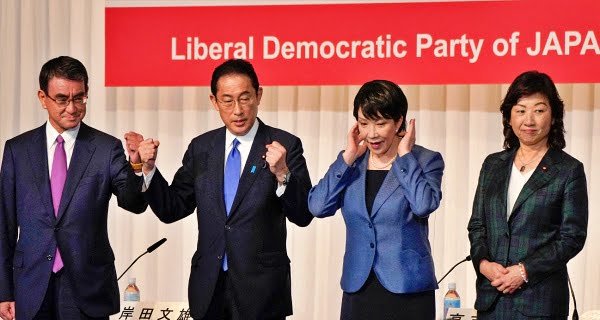
Tokyo: Having two women out of four candidates in the race to become Japan’s next prime minister would be a major step in the politics of a country notorious for gender discrimination. Sane Takaichi and Seiko Noda are the first women in the country in the past 13 years to stake their claim for the leadership of the ruling Liberal Democratic Party (LDP) in the prime ministerial election. This election will be held on Wednesday. The winner is certain to become the next prime minister, as the LDP and its coalition partners have a parliamentary majority. Even though both these women leaders are LDP members, they are political rivals in many ways.
The ultra-conservative Takaichi advocates a form of patriarchal nationalism and a strong military, while the liberal Noda advocates women’s advancement and gender diversity. Mayumi Taniguchi, an expert on the role of women in society and politics at Osaka University of the Arts, said, “The number of women in Japanese politics is very small. They have limited options of ways to survive and succeed in politics. They can counter the politics of a group of men or they can remain loyal to them.” He said that Takaichi explicitly chose loyalty to men, while Noda appears to go beyond the mainstream but without confrontation, and “they are quite different from each other”.
These women are facing challenges from Vaccination Minister Taro Kono and former Foreign Minister Fumio Kishida to succeed outgoing Prime Minister Yoshihide Suga. Kono and Kishida are considered strong candidates. Both belong to well-known political families and powerful factions of the party, but some see Takaichi as a fast-rising candidate, backed by former leader Shinzo Abe. The latest media survey of party MPs shows that they have started getting support from the party’s conservatives, while Noda is at the fourth position. Prior to this, the only female candidate in Japan was Yuriko Koike, who was a candidate in the 2008 election. She is currently the governor of Tokyo.

Although the chances of either Takaichi or Noda becoming prime minister are slim, this effort by two women for the top post is seen as progress for the ruling party. Some experts have criticized Takaichi’s gender-discriminatory policies. “If she wins, she will not promote women’s progress,” said Mari Miura, a professor of political science at the University of Sofia. Japan ranked at the bottom of the ‘Group of Sevens’, a group of advanced countries, in a 2021 survey of 156 countries on gender discrimination by the World Economic Forum. Women make up only 10 percent of Japan’s parliament, and analysts say many women tend to show loyalty to the party rather than advocate for gender equality.




















































